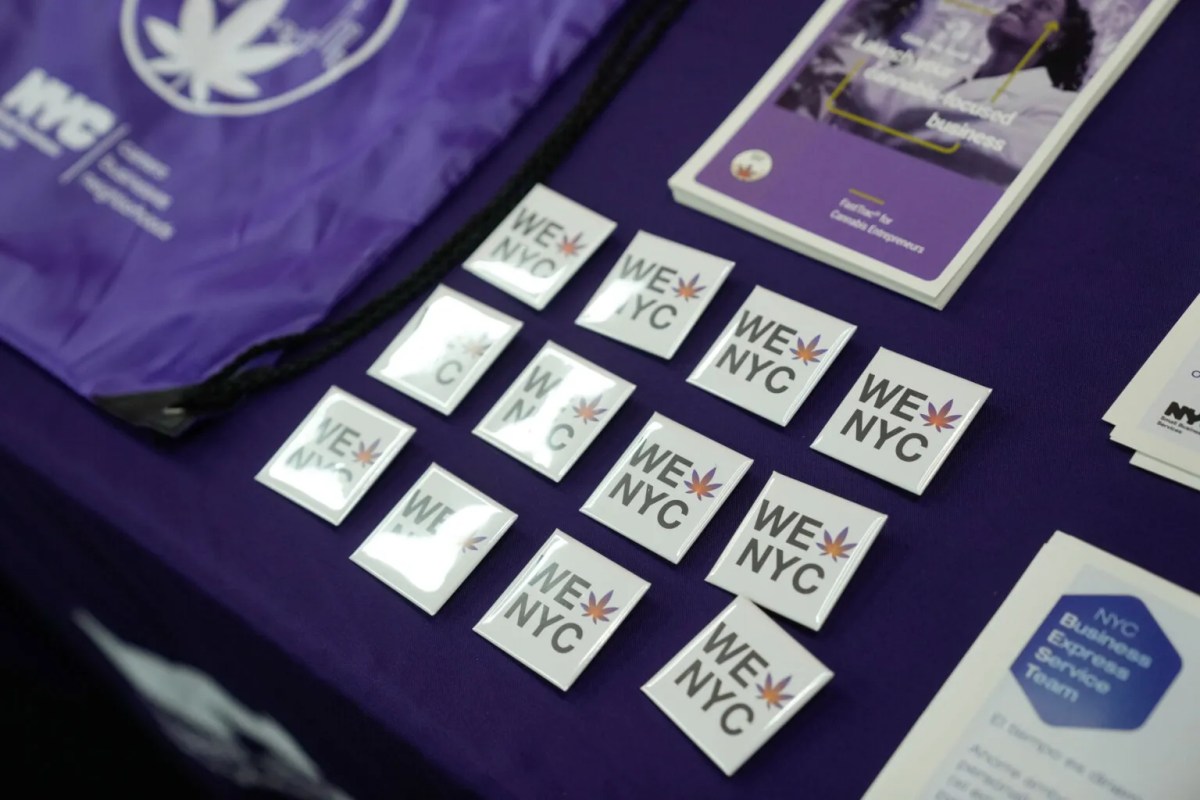‘Tis a gift to be simple — and free of all the unwanted gifts that clutter up our too-small NYC living spaces after the holidays.
Americans are expected to spend an average of $882 a person on Christmas gifts this year — 2% more than they spent last year, according to The American Research Group, Inc. A portion of that money is inevitably spent on clothes you won’t wear, gift cards to stores you don’t shop at and counter-cluttering tchotchkes you would rather not own.
Luckily, there are lots of ethical, economical ways to dispose of unwanted new merch and store chit ranging from reselling and re-gifting to swapping and charity donations if for some reason you can’t return an unwanted gift for cash.
Gift cards are best “regifted” to someone who loves the online or brick-and-mortar store you revile. But you can also sell them at sites such as cardpool.com, cardcash.com, plasticjungle.com and abcgiftcards.com for 65% to 97% of their face value. In some instances, you can get a better deal by trading one store’s gift card for another. Read the rules on each website carefully: Some require Pay Pal accounts and credit card information as anti-fraud precautions and the mechanisms for redemption and exchange can be elaborate.
Kevin Mercuri, president and founder of Propheta Communications, is admittedly difficult to shop for because he already has all the accessories for the sports and hobbies in which he is involved, with each selected to meet his own exacting performance and style requirements. So all the gifts he gets that he can’t use, from sports items and unneeded tech and home accessories go into the cabinet until an opportunity arises to give them to someone who will appreciate them. If he gets called on regifting, “the truth is the best defense,” said the Union Square executive, who tells the item’s new heir, “I didn’t want it, but I thought it would be a good gift for you.” Other high end items, such as a set of high end knives in a presentation box, are donated to charity auctions.
There is also “the New York system,” as Helaine Olen, co-author of the upcoming book, “The Index Card: Why Personal Finance Doesn’t Have to be Complicated,” describes it: Leaving items in building lobbies and basements and on stoops, depending on local custom. “We just put stuff out on the table in the lobby and people take it,” said the Washington Heights mom. Donating items to charity can also yield a nice tax deduction, if you’re in a bracket that needs one, notes the financial writer – just be sure to get and keep a receipt.
Some people like to try and sell unwanted merch on Craig’s List or eBay. But a faster, and more community-minded alternative is to post an unwanted item as “offered” on your local “Freecycle” group (freecycle.org). Freecycle reduces the amount of useful stuff jamming landfills while enhancing community ties, and requires “takers” to use — not sell — the items that “offerers” list.
Yet another option is to throw a “gift swap” party. Participants sometimes re-wrap all the unwanted booty and stage a grab bag, but that strategy risks generating the same recipient disappointment all over again. A better option? Everyone brings their white elephants — unwrapped — and places them in a pile. Then participants draw lots to determine the order of gift selection. While that maximizes happiness, those chosen last may not be as happy with their picks as those who chose first. But then, they can host their own swap meet.

















